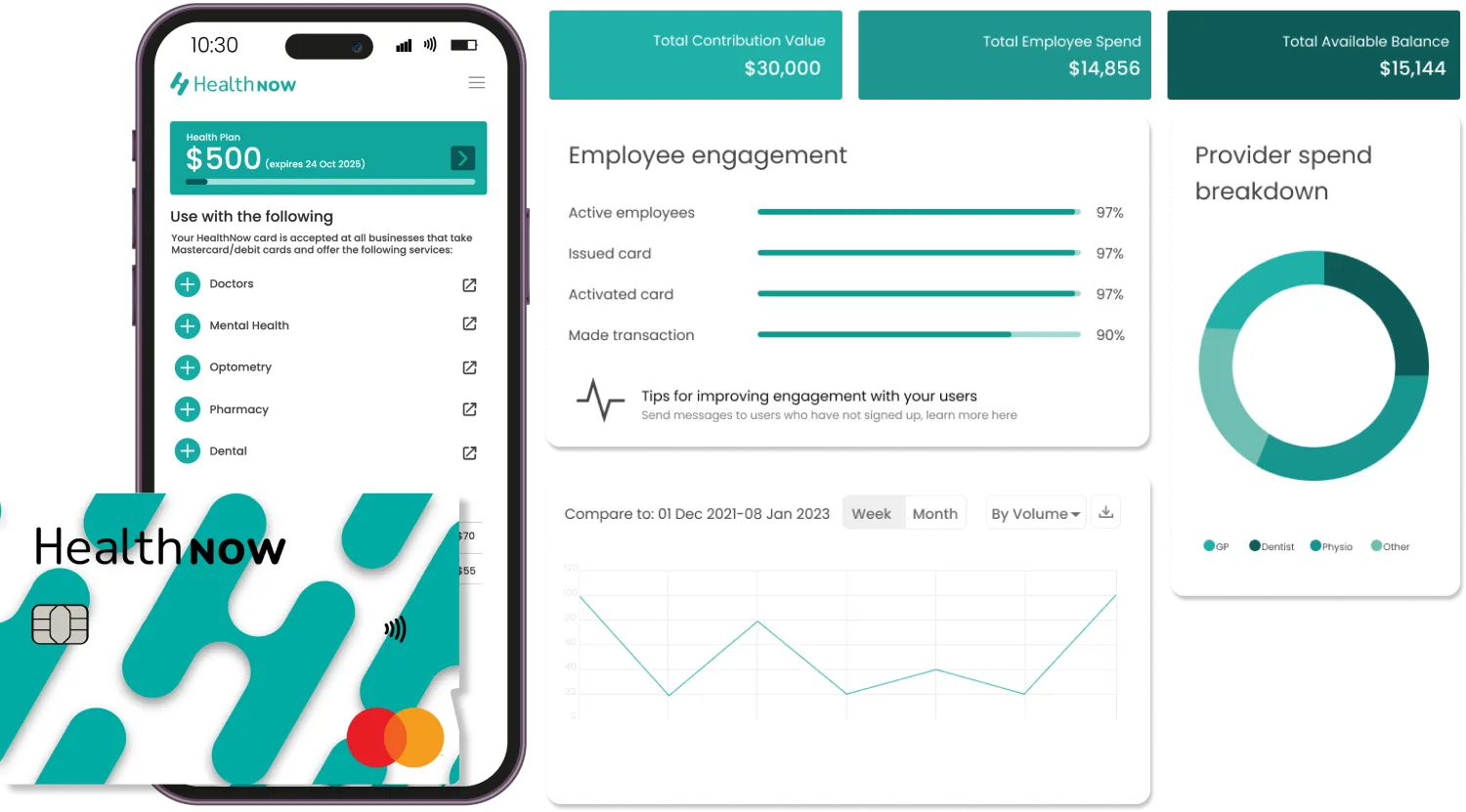While there are a range of factors that can influence the success of a surgical procedure that are well outside of our control, like the severity of our injury or problem or the skill of our surgeons, there’s one important predictor of our health outcomes and recovery that we can control: our recovery.
Specifically, targeted exercise, administered at very specific times in our surgery rehab, even to gentle and non-strenuous levels, plays a massive role in helping those recovering from surgery regain strength, movement and flexibility, while enabling their bodies to return to working efficiently by re-training specific muscle groups, as well as our neural connections that signal specific movements. When talking about such gentle yet powerful forms of exercise, one that is backed by a lot of research and evidence for its role in supporting recovery is Clinical Pilates.
Clinical Pilates involves very purposeful movements, carefully designed by your physiotherapist to optimise your post-surgical healing and recovery process – in the way, that’s right for your body, the nature of your procedure, and your goals. Clinical Pilates uses mats and spring-loaded Pilates equipment, modifying the best approach based on the type of surgery that the patient has undergone, as well as any other factors that may impact their recovery, such as age or fitness level. Some of the benefits of clinical Pilates for people recovering from surgery include:

- Improved strength: Clinical Pilates exercises can help to improve muscle strength, particularly in the core muscles of the body. This can help to improve overall physical function and reduce the risk of falls or other injuries.
- Increased flexibility: Clinical Pilates exercises can help to improve flexibility and range of motion, which can be particularly important for people who have undergone surgery that affects their joints or mobility.
- Pain relief: Clinical Pilates exercises can help to reduce pain and discomfort, particularly in the muscles and joints that have been affected by surgery. This can help to improve overall quality of life and reduce the need for pain medication.
- Reduced risk of complications: Clinical Pilates exercises can help to reduce the risk of complications following surgery, such as blood clots or infections. This is because the exercises help to improve blood flow, reduce inflammation, and improve overall physical function.
- Improved mental health: Clinical Pilates exercises can have a positive impact on mental health, as they can help to reduce stress and anxiety, improve mood, and promote a sense of well-being.
Clinical Pilates Is Led By Experienced Physiotherapists
A crucial element of clinical Pilates and its role in optimising surgical recovery in a tailored and precise way is that each session is led by experienced physiotherapists who have extensive knowledge about the body, injuries, rehabilitation and the intricacies of Pilates.
What Does A Clinical Pilates Session Look Like?
 After your physio assessment where you’ll thoroughly discuss the nature of your surgery, you’ll be prescribed a tailored plan with specific movements. These may be done on the mat, a reformer machine, the trapeze table, the Wunda chair – often a mix of these. In the early stages of recovery, the movements will likely be slow and gentle. As you regain strength and function and your recovery progresses, so will the movements. The goal is always to get you back to maximum strength and function.
After your physio assessment where you’ll thoroughly discuss the nature of your surgery, you’ll be prescribed a tailored plan with specific movements. These may be done on the mat, a reformer machine, the trapeze table, the Wunda chair – often a mix of these. In the early stages of recovery, the movements will likely be slow and gentle. As you regain strength and function and your recovery progresses, so will the movements. The goal is always to get you back to maximum strength and function.
Get Started With Clinical Pilates, Without The Cost
While Clinic Pilates with your physio is a fantastic way to improve your surgery outcomes, it may not be affordable for many. With 39% of New Zealanders delaying medical appointments due to their cost, and the recurring nature of Clinical Pilates appointments, it can leave many missing out, which can slow or hamper their recovery.
This is why many physiotherapy clinics across New Zealand are now offering an easier way to pay for your care via HealthNow – a Buy Now, Pay Later (BNPL) platform designed specifically for healthcare. Choosing to pay via the HealthNow app means that those needing physio-led Clinical Pilates can now spread the total cost into multiple payments over a maximum of twelve weeks, with absolutely no fees or interest.
Unlike other BNPL services, HealthNow meets a higher level of regulatory compliance to ensure that it operates with social responsibility, given its role in the health sector. While health consumers split their bill and delay the full upfront cost, physios get paid in full on the day by HealthNow, making it a win-win for the health industry.
You can also choose to pay for your Clinical Pilates via HealthNow’s health saver wallet, or from funds added to your Employer Aid account by your employer. Finally, NZ healthcare is becoming more accessible for many more kiwis.
Registering for HealthNow is free and easy – and you can quickly start using it to book your physio appointment for Clinical Pilates, alongside a wide range of health services and products. Download the app and check out HealthNow’s full benefits and features, and enjoy an ideal surgery recovery.






